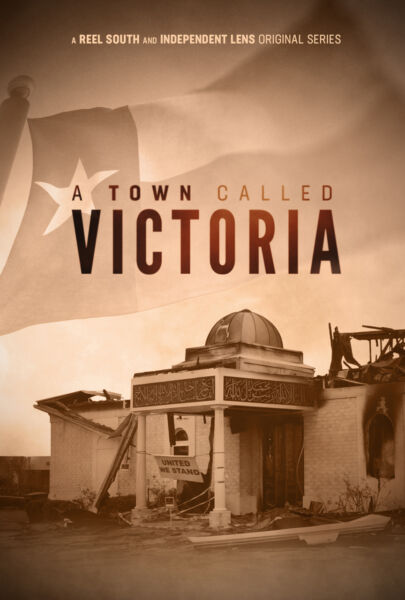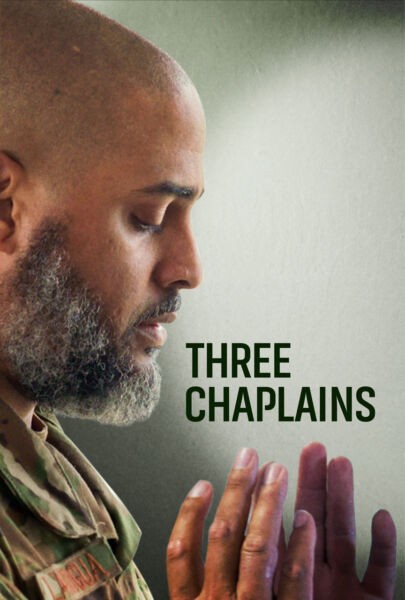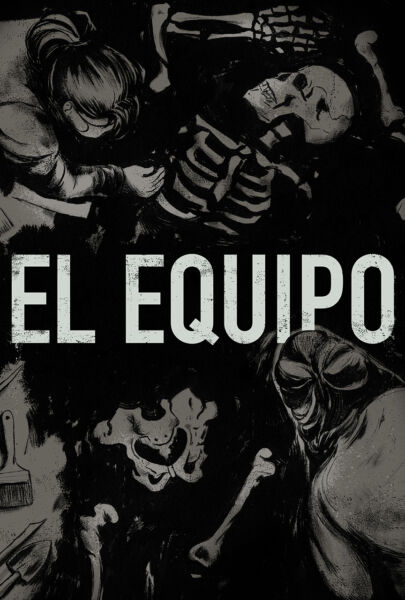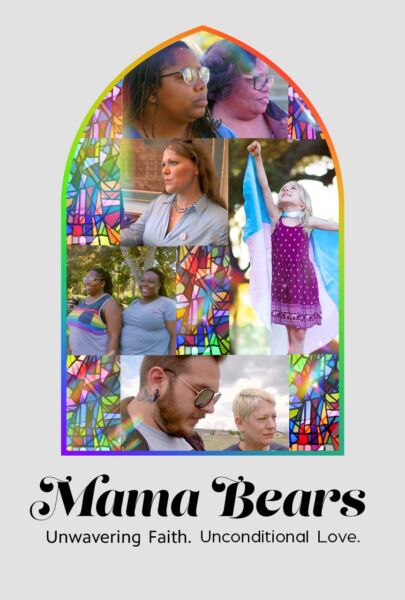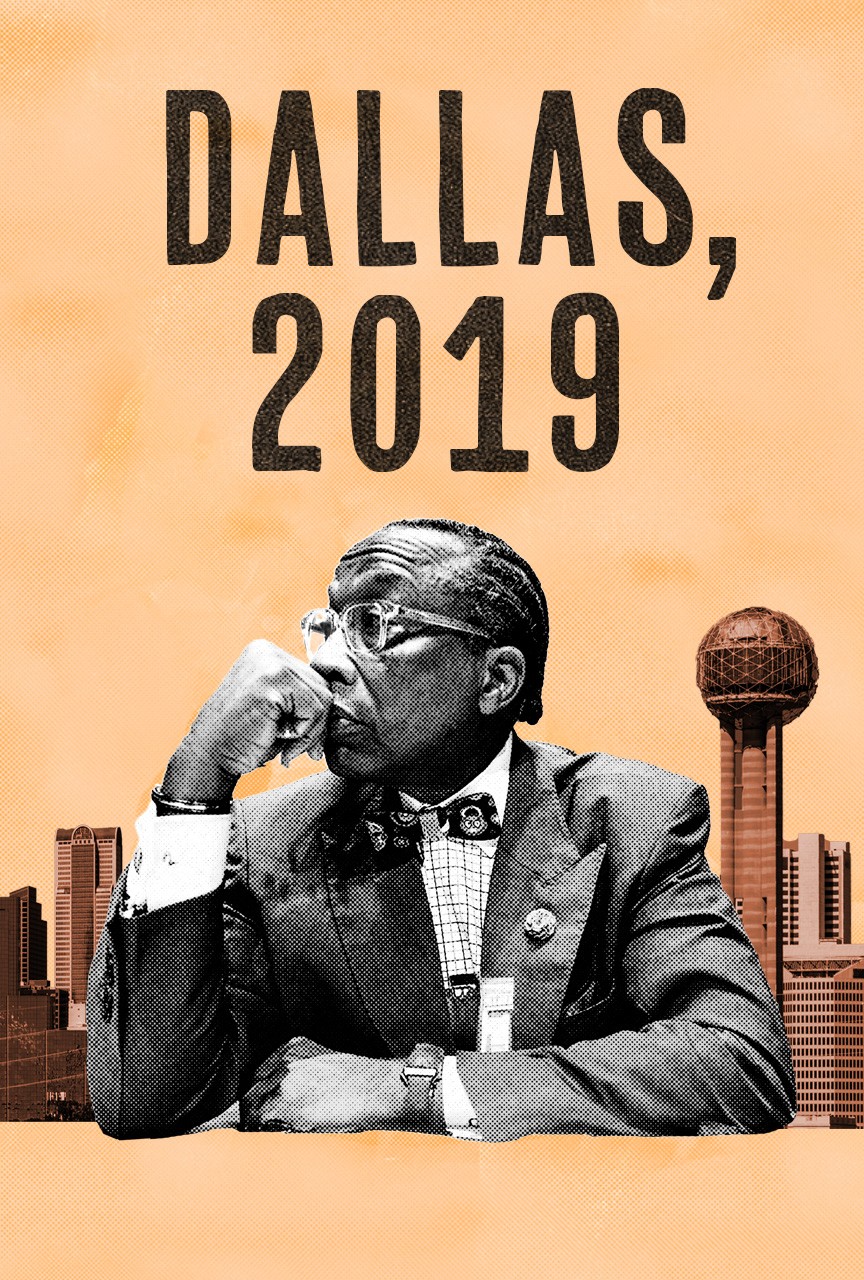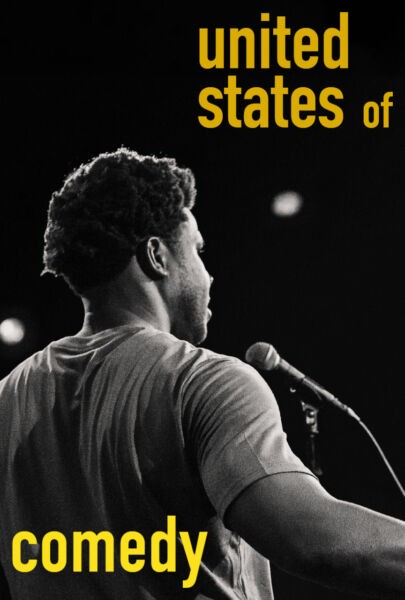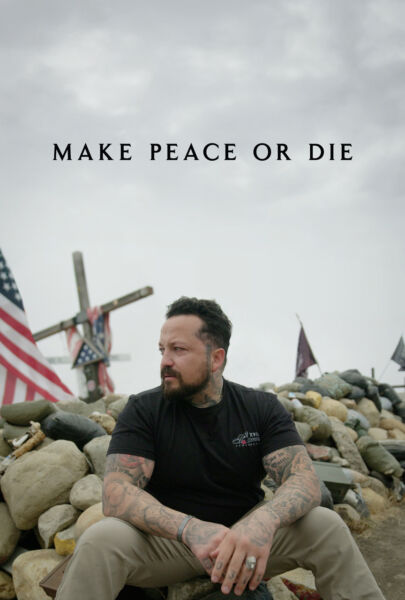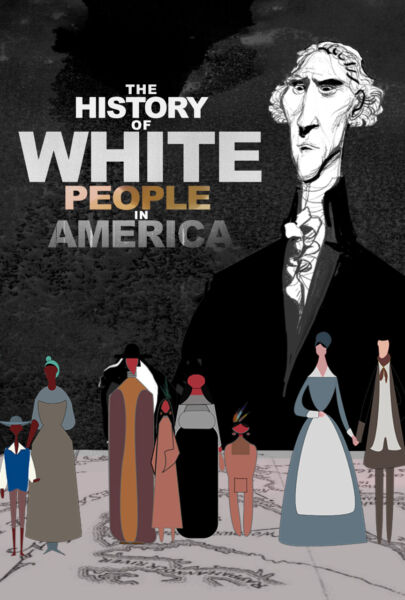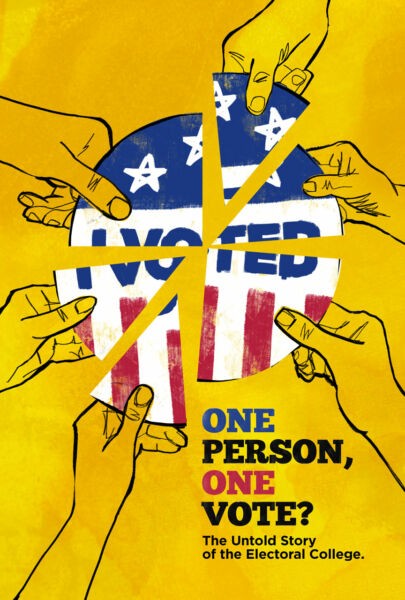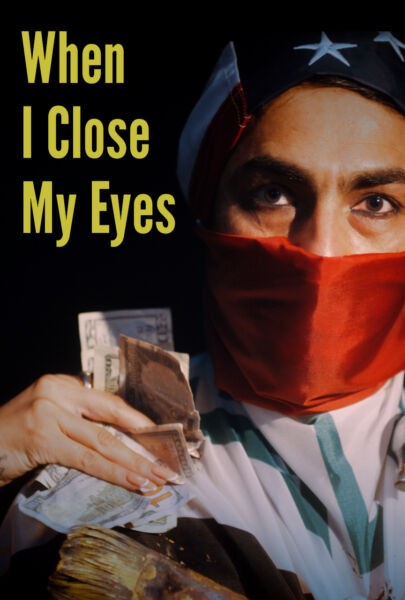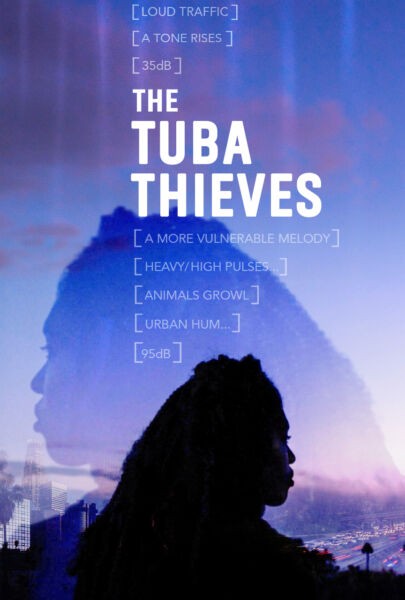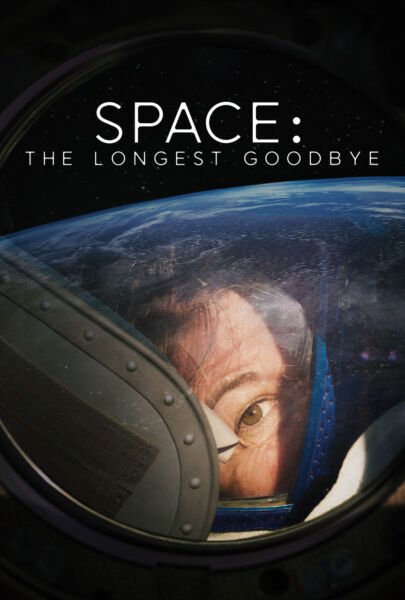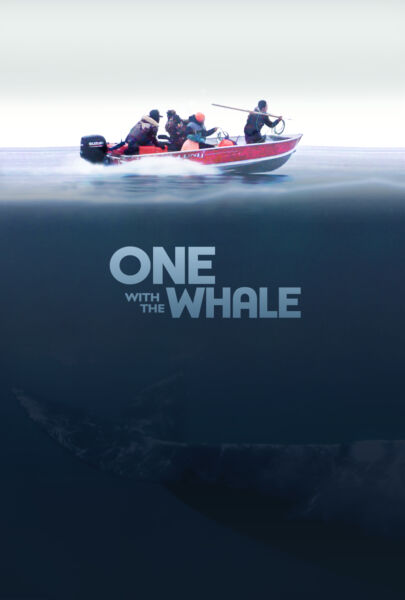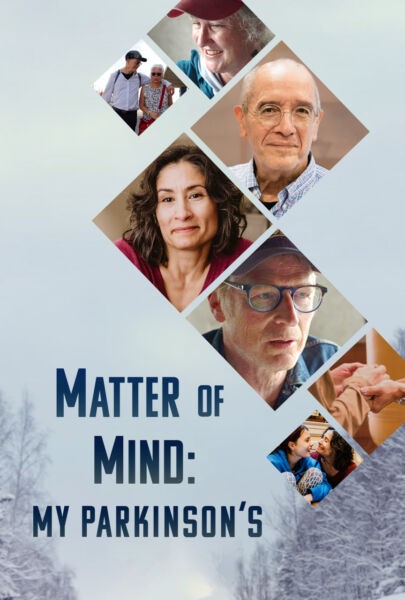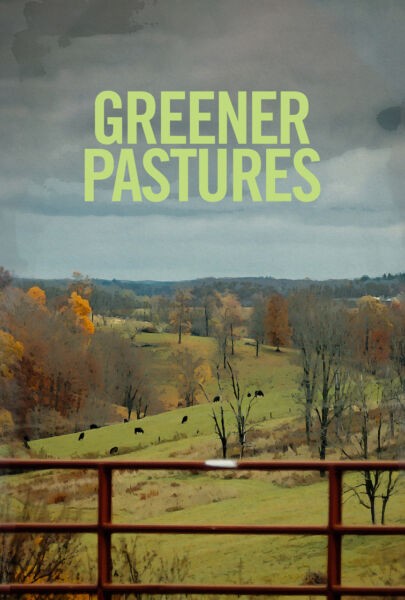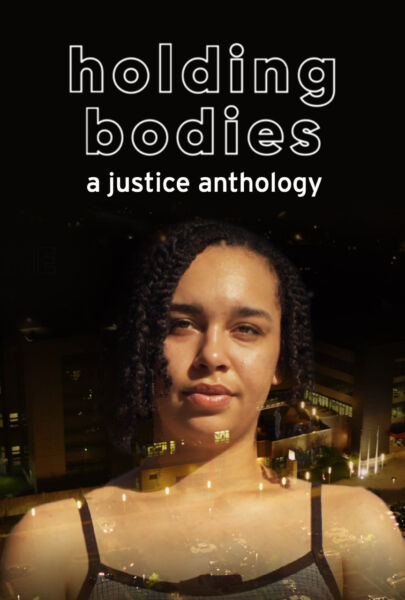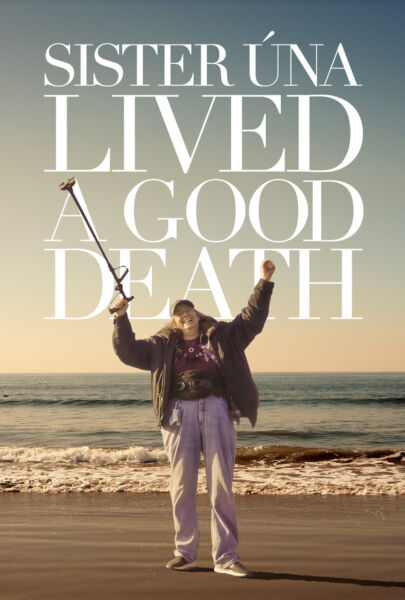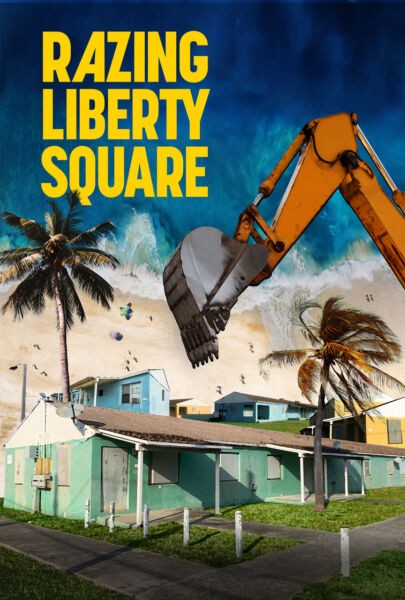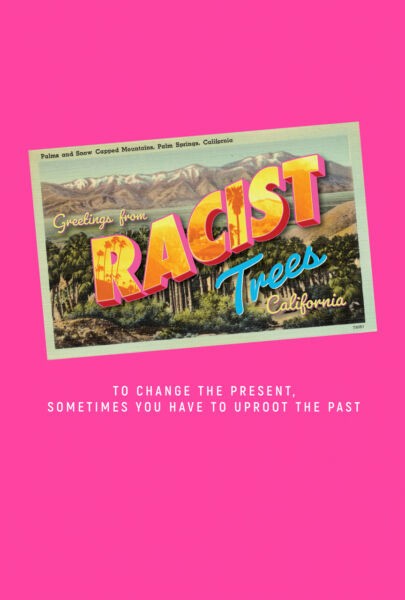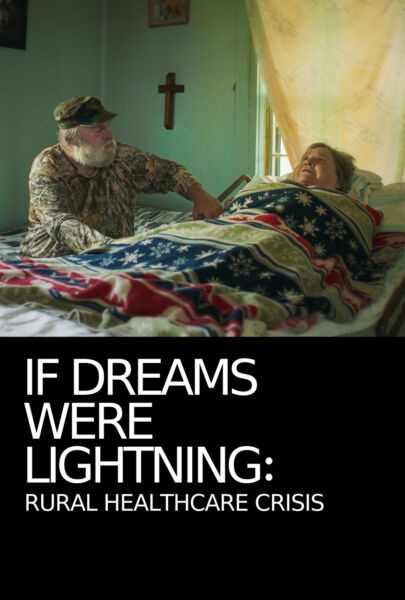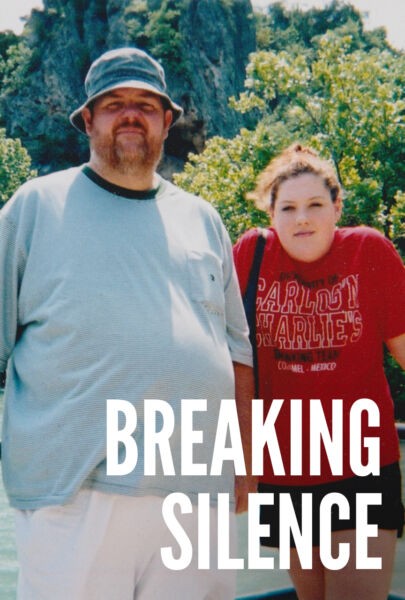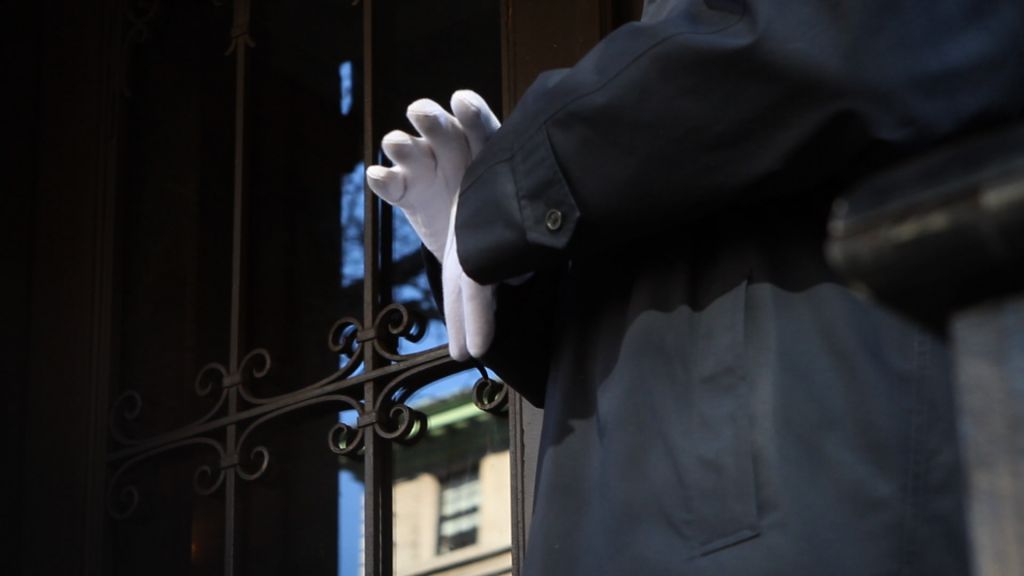
The current economy has given us an occasion to wonder how attainable the American dream is. If you start with nothing, can you actually pull yourself up by the bootstraps, Horatio-Alger style? Park Avenue: Money, Power & the American Dream (premiering Nov. 12 on Independent Lens) poses this question by examining two neighborhoods through which Park Avenue runs: a wealthy Upper East Side address in Manhattan and the hardscrabble borough of the Bronx. Is life really set up like the board game Monopoly, where everyone is equal, or do some at the top outright own Park Avenue, while others begin with a ledger of debt?
Obviously, these questions are much older than the most recent recession, and other documentaries have explored the dynamics of wealth and power in provocative ways. Here are 10 of our favorites.
1. Harlan County USA (1976) directed by Barbara Kopple
To make this legendary documentary, filmmaker Barbara Kopple lived with some of the 180 Kentucky families involved in the 1974 miners’ strike against the Eastover Mining Company. Its corporate parent, Duke Power, refused to sign a union contract, a move condemned by the National Labor Relations Board. Kopple’s film showed the miners’ arduous lives, including hard labor and the constant threat of unemployment. Eventually, a showdown between the miners and strikebreakers results in a miner’s death. Kopple films the funeral, including the moment when the deceased miner’s mother collapses. The film won the Academy Award for Best Documentary Feature and was named one of the top five documentaries of all time by the International Documentary Association.
2. Roger & Me (1989) directed by Michael Moore
The first in Michael Moore’s oeuvre of films about wealth and power, Roger & Me examined the effects of automotive giant General Motors on Moore’s hometown of Flint, Michigan. Moore embarks on a personal quest to find out why GM turned his home into a ghost town, pulling every stunt he can think of to meet the CEO Roger Smith. Along the way, he introduces viewers to Ronald Reagan, TV evangelist Robert Schuller, Miss America, and some of the 28,000 Flint residents who have lost their homes. Moore exposes how GM has used its almost $19 billion in profits not to create jobs, but to buy data processing companies and weapons manufacturers.
3. The Corporation (2003) directed by Mark Achbar and Jennifer Abbott
Corporations have the same rights as people. This Canadian documentary explores this surprising fact and the history of these enduring institutions. Interviews with Milton Friedman, Howard Zinn, Naomi Klein, and Noam Chomsky illuminate the nature of powerful, corporate entities and consider alternatives to the existing paradigm.
4. Enron: The Smartest Guys in the Room (2005) directed by Alex Gibney
Nice guys finish last in this dramatic chapter of America’s business history. As mammoth corporation Enron collapsed, its executives who manipulated securities trading and fudged balance sheets walked away with more than one billion dollars, and investors and employees lost everything. This foreshadowing of the subprime mortgage crisis shows how the greed of Enron traders and executives caused a domino effect that left the powerful unscathed — at least during the immediate aftermath — and everyone else reeling.
5. The Queen of Versailles (2012) directed by Lauren Greenfield
Mix The Brady Bunch and Cribs, and you get this documentary about the billionaire Siegel family, who are attempting to build a mansion inspired by Versailles. The patriarch, David Siegel, ran a wildly successful time-share business, Westgate Resorts, and enjoyed a lavish lifestyle with his wife and eight children before the recession hit. The documentary follows the Siegels as they try to reel in their outrageous spending habits.
6. Banks and the Poor (1970) directed by Morton Silverstein
This searing documentary from 1970 still resonates powerfully today. The film described how large banks discriminated against poor customers and spotlighted the connection between the banking industry and Washington. The doc also featured a hidden-camera scene in a loan office where a weeping woman’s house was seized over a handful of dollars.
7. American Dream (1990) directed by Barbara Kopple
Kopple once again created a masterpiece sympathetic to unions that also exposed their blemishes. In the mid-1980s, the employees of a Hormel meat-packing plant in Austin, Minnesota, alienated executives by their strike when a consultant hired by the employees — against the wishes of their union — aggressively offered no compromise. The company shut out the employees and hired scabs, leaving some meatpackers jobless for years. American Dream won the Academy Award for Best Documentary Feature.
8. Inside Job (2010) directed by Charles Ferguson
Examine the nitty gritty of the 2008 recession, including the rise of high-risk borrowers and sub-prime lenders, through this documentary-cum-thriller. Ferguson traces the history of the catastrophe to the 1980s, when markets and financial services were deregulated. While the bubble in the 2000s expanded, bankers were lulled into believing any growth was good. Ferguson also implicates the economists who had financial incentives to champion deregulation. Inside Job won the Academy Award for Best Documentary Feature.
9. Capitalism: A Love Story (2009) directed by Michael Moore
From the Roman Empire to modern-day America, Moore reveals how capitalism has become the air we all unconsciously breathe. He shows the ripple effect caused by the USA’s love of capitalism, including the way it shapes our jobs, houses, and savings. In closing, he asks how we can collectively create a better future.
10. Down and Out in America (1986) directed by Lee Grant
Actress and filmmaker Lee Grant focused on three groups that suffered by the 1980s recession: farmers, factory workers, and the homeless. Grant narrates the disparate misfortunes that befall her subjects, including a family of six living in a sordid hotel after a fire consumes their home. She doesn’t draw explicit connections between the storylines, but allows society’s negligence toward the calamities of the poor to speak for itself.

